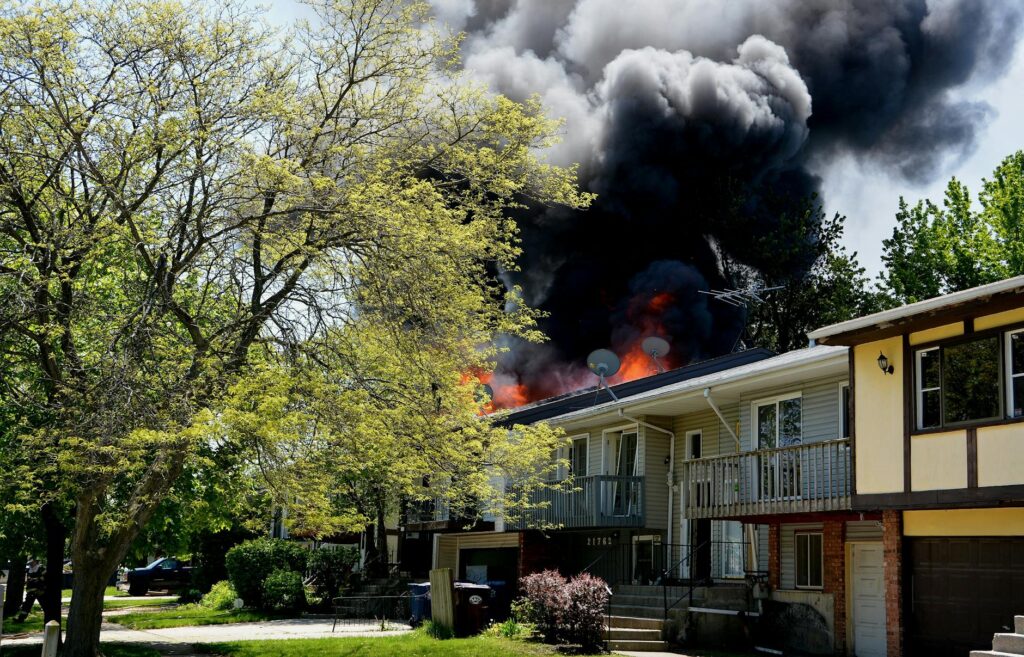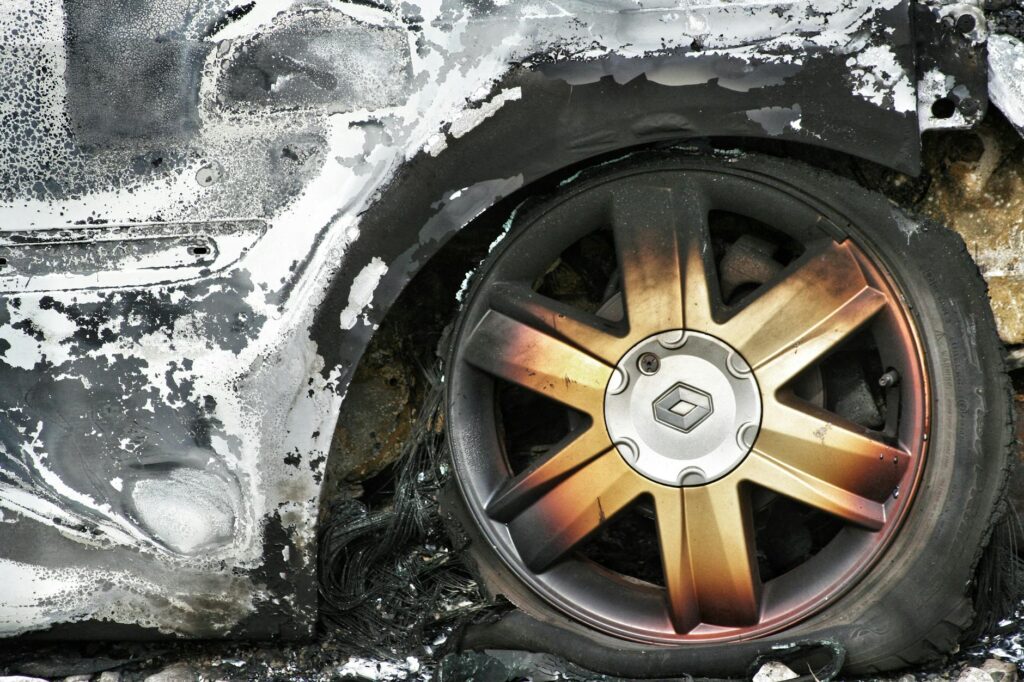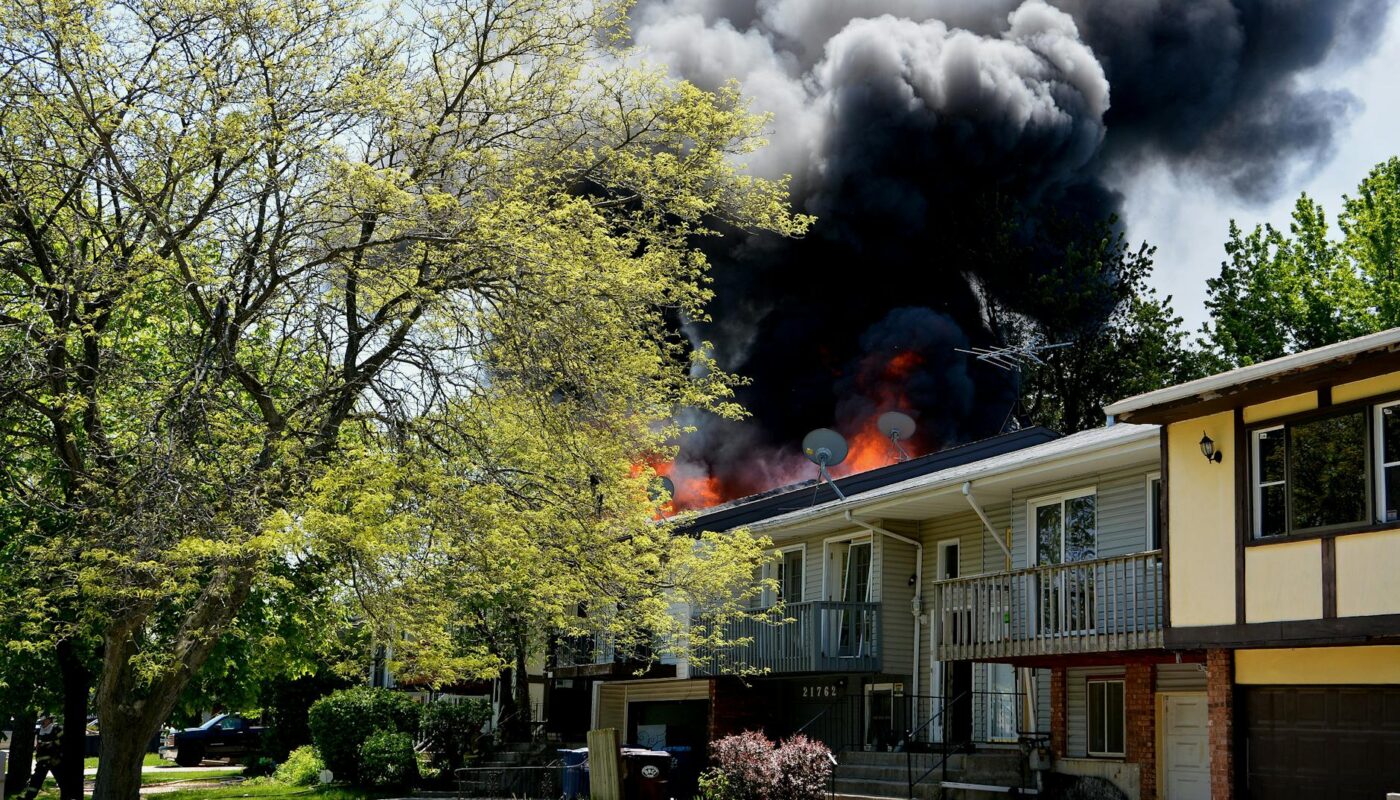Protecting your business from unforeseen fire-related incidents is crucial for its financial health and longevity. Commercial fire insurance is a critical element of risk management, safeguarding your assets and ensuring business continuity in the event of a fire. This comprehensive guide will walk you through everything you need to know about commercial fire insurance.
Understanding Commercial Fire Insurance
Commercial fire insurance policies are designed to cover losses resulting from fire damage to your business property, inventory, and equipment. Unlike basic homeowners insurance, commercial policies cater specifically to the unique risks faced by businesses of all sizes. It’s important to understand the breadth of coverage to select a policy that adequately addresses your specific needs. 
What Does Commercial Fire Insurance Cover?
A standard commercial fire insurance policy typically covers direct damage caused by fire, including damage to the building itself, the contents within, and any business interruption resulting from the fire. Some policies also extend to cover smoke damage, water damage from firefighting efforts, and even the cost of temporary relocation while repairs are underway. However, it’s crucial to carefully review the policy’s specific inclusions and exclusions to understand the limits of coverage. Learn more about policy specifics here.
Types of Commercial Fire Insurance
There isn’t one-size-fits-all solution. Several types of commercial fire insurance policies exist, each offering various levels of coverage and customization. You might consider a building coverage policy if you own your building, while a contents coverage policy protects your business property and inventory. You might even need a more comprehensive package policy that includes liability coverage for incidents on your premises. Consult with an insurance professional to determine the best fit for your situation.
Factors Affecting Commercial Fire Insurance Premiums
Several factors influence your commercial fire insurance premiums, including the size and type of your business, the location of your property, the value of your assets, and the level of your chosen coverage. Implementing fire safety measures, such as installing sprinkler systems and employing regular fire safety inspections, can help reduce your premiums.  Regular maintenance can also drastically reduce premiums and shows proactive risk management. See industry best practices.
Regular maintenance can also drastically reduce premiums and shows proactive risk management. See industry best practices.
The Claims Process
In the unfortunate event of a fire, the claims process can seem daunting, but understanding the steps involved can ease the burden. Typically, it starts with immediately notifying your insurance provider, documenting the damage with photographs and videos, and cooperating fully with the investigation. Your policy will outline the procedures, and your insurer should offer support throughout the process. Keep detailed records of all communications and expenses. [IMAGE_3_HERE]
Choosing the Right Commercial Fire Insurance
Selecting the correct commercial fire insurance policy requires careful planning and consideration. It’s highly recommended to compare quotes from multiple providers, thoroughly review policy documents, and seek advice from an independent insurance broker. Find a trusted broker near you. This proactive approach ensures that your business is adequately protected against fire-related risks.
Frequently Asked Questions
What types of businesses need commercial fire insurance? Practically all businesses that own or operate physical property should have commercial fire insurance.
What if my business is temporarily closed after a fire? Many policies include business interruption coverage, helping compensate for lost income.
How do I make a claim? Your policy will detail the claims process, typically involving contacting your insurer immediately after the incident.
What factors affect the cost of my premiums? Several factors, such as location, building type, and value of contents, affect the cost.
What is the difference between commercial fire insurance and general liability insurance? Commercial fire insurance covers fire damage; general liability insurance covers other incidents like slip and falls.



